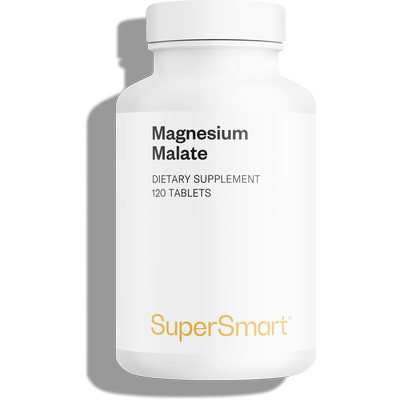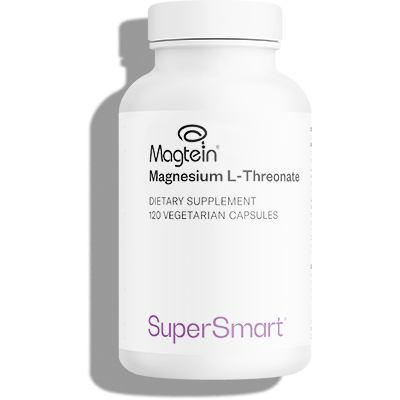28-06-2019
Magnesium as important for bones as vitamin D
 More than 9 million fractures a year across the world are thought to be caused by osteoporosis. To date, preventive recommendations have focused on vitamin D, calcium and physical activity, but it now seems that magnesium is just as important in reducing this alarming figure. Researchers from Bristol University have shown that high blood levels of magnesium are associated with an approximate 44% lower risk of fracture.
More than 9 million fractures a year across the world are thought to be caused by osteoporosis. To date, preventive recommendations have focused on vitamin D, calcium and physical activity, but it now seems that magnesium is just as important in reducing this alarming figure. Researchers from Bristol University have shown that high blood levels of magnesium are associated with an approximate 44% lower risk of fracture.European and North American data suggests, however, that dietary intake of magnesium is often much lower than recommended levels, which goes part of the way to explaining the high incidence of deficiency among these populations. There are other contributing factors too - long-term use of drugs, such as diuretics, antibiotics, and immune-suppressants, increase magnesium loss via urine, while certain intestinal diseases, as well as alcoholism and ageing, are associated with poor absorption of magnesium in the gut.
The problem is that early signs of magnesium deficiency - loss of appetite, fatigue, weakness, and potential nausea - are ambiguous. They are all indications of many other health problems too, age-related or otherwise. Subsequent symptoms, on the other hand, can be very hard to deal with: it’s by no means uncommon, for example, for a leg fracture to trigger a decline in a 50-something who had previously enjoyed perfect health.
There is, however, a simple way to prevent these all-too-frequent scenarios: increase magnesium intake from the diet (it’s found in haricot beans, nuts, tree nuts, seeds and fish) and for those taking a range of drugs, or who have intestinal disease (coeliac disease, Crohn’s disease) or absorption problems, take advantage of supplementation. Given the effects of magnesium on blood pressure, too, it would be a shame not to …
References
Kunutsor SK et al., Low serum magnesium levels are associated with increased risk of fractures: a long-term prospective study. European Journal of Epidmiology, 2017 ; DOI : 10.1007/s10654-017-0242-2.
Order the nutrients mentioned in this article

Unique and synergistic combination of 8 exceptional forms of magnesium (excellent bioavailability and solubility)
www.supersmart.com
A patented form with improved bioavailability for chelating excess toxic aluminium
www.supersmart.com
An innovative new form of magnesium with exceptional brain-regenerating capacity
www.supersmart.comFurther reading
29-07-2019
Magnesium has until now been mainly known as an essential mineral for nervous system balance, cardiovascular regulation, muscle function and bone health. Now it seems...
Read more13-02-2017
If you’re wondering about the benefits of zinc or how effective it is, a study published in The American Journal of Clinical Nutrition in 2016...
Read more30-04-2018
A newly-published study in The Journal of the American Osteopathic Association shows that the body may be unable to make proper use of vitamin D...
Read more© 1997-2026 Fondation pour le Libre Choix
All rights reserved
All rights reserved
Free
Thank you for visiting our site. Before you go
REGISTER WITHClub SuperSmart
And take advantage
of exclusive benefits:
of exclusive benefits:
- Free: our weekly science-based newsletter "Nutranews"
- Special offers for club members only


















